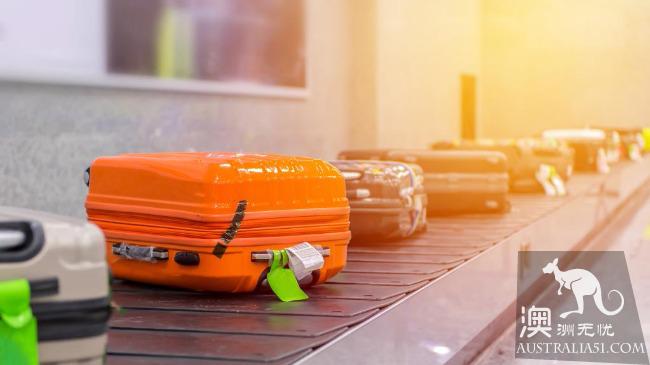According to a survey conducted by travel insurance company Zoom Travel Insurance, according to travel website Escape, 31 percent of travelers were not fully aware of the terms of travel insurance they bought and were not sure how much they covered.
Smith (Kate Smith), the company's marketing manager, believes it is important to understand the coverage of insurance, whether a newcomer or a veteran. If the insured is uncertain about the content of the insurance, then communicate with the underwriter. In addition, prior to departure, passengers also need to take some time to understand the benefits they can enjoy in insurance in order to avoid the need for claims in the face of problems.

(photo of travel site Escape)
Here are 10 travel insurance issues that you must know before leaving:
1. Travel insurance effective from the date of purchase
Insurance will take effect from the date of purchase. Therefore, even if you cancel your trip a few days before departure due to an unexpected emergency, you are eligible to claim compensation for any actual expenses.
2. The compensation for missing the flight depends on the circumstances
The airline will be held liable if passengers are unable to travel due to mechanical failures, oversales or aircraft maintenance. But if you encounter insurmountable factors, such as accidents, bad weather, etc., there may be additional provisions in the insurance policy.
3. Loss of luggage due to personal negligence
Passengers have a duty to watch over their luggage to avoid theft, damage or loss. If there is a loss of baggage due to unattended care, the passenger may be denied the claim.
For example, luggage left in taxis, bathrooms or conveyor belts is usually impossible to claim.
4. There is a limit on compensation for each item
Most travel insurance policies allow visitors to carry out additional insurance on valuables.
Most people ignore the problem of limited compensation for each item. For example, of the A $10, 000 worth of luggage, each non-specific item will receive a maximum of A $750 (A $2000 for notebooks or electronics).
Therefore, it is best for passengers to understand the amount of compensation for each item in the insurance clause before departure, and to ensure that valuables such as cameras and other valuables are fully covered.
5. The sooner you buy insurance, the better.
After the scheduled trip, passengers should purchase travel insurance as soon as possible, once a natural disaster occurs before departure, such as the cancellation of the trip, can claim compensation. If a natural disaster occurs, passengers will no longer be able to purchase insurance for a particular event. As a result, buying travel insurance as soon as possible will ensure that travelers are protected in times of crisis.
6. Pay attention to the details of the insurance clause
No travel insurance product is suitable for different trips around the world, so travelers should take the time to understand the differences.
It is important to note that basic travel insurance usually covers only medical insurance. Comprehensive insurance will include travel delays, cancellations and a range of additional benefits.
7. You need to be careful with your jewelry.
Most travel insurance does not cover valuables such as jewelry. Therefore, if a traveler decides to wear a diamond ring when traveling, make sure that family property insurance covers such valuables.
8. Get drunk, don't expect insurance to bea
For some, a holiday without wine is not a complete holiday, but don't count on insurance to save the day from reckless drunkenness.
9. Love adventurous activities, it is best to take out extra insurance
Travelers should note that travel insurance does not automatically cover all high-risk activities. If you plan to take part in some adventurous activities, it is recommended that you take extra risk-taking insurance in order to be assured.
10. Pay attention to the age limit.
If a relative falls ill or dies during your overseas trip, the Comprehensive Travel Insurance will cover the cost of your return home. But insurance provisions limit the age of relatives.
In the case of Zoom travel insurance, if a relative is 84 years old or older, or if he or she is ill (regardless of age), the insurer will not bear the cost of a family emergency.